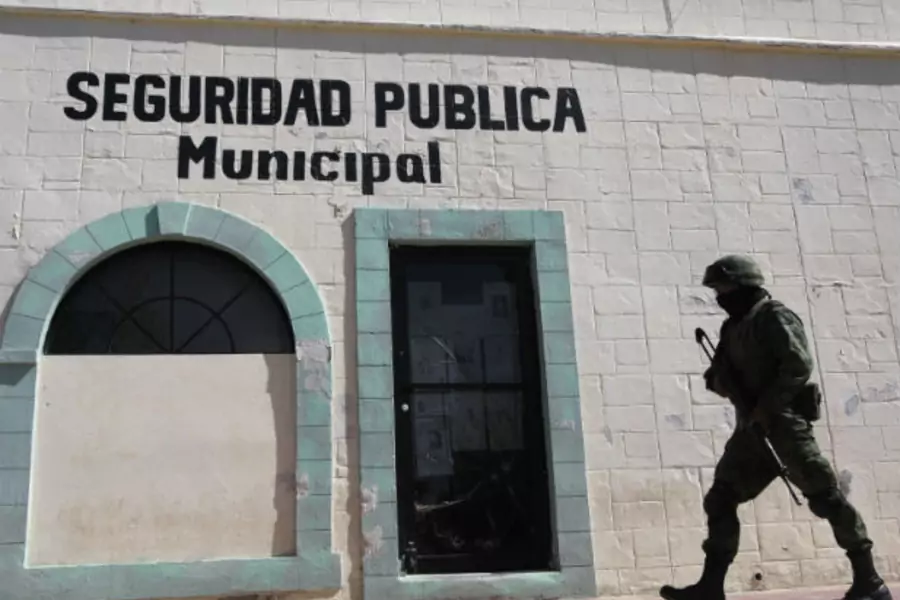Chihuahua’s Version of Colombia’s Wealth Tax

More on:
I’ve argued in the past that to truly address the security situation, Mexico needs the buy in of its citizens—and particularly of its elites. One way of achieving this is to levy a tax on the wealthy or business owners, those most able to shoulder the costs of this vital public good.
There are encouraging precedents elsewhere. In 2002 Colombia’s government and elites agreed to a “democratic security tax” of 1.2 percent on the assets of the country’s top 1 percent. This tax brought in over $800 million a year, providing significant additional resources to combat the cartels. It also helped improve the government’s fiscal management, as part of the bargain was more transparency as to how these new funds would be used.
The idea of a wealth tax has yet to take hold in Mexico at the national level. But it has gained ground more locally, and in the areas hardest hit by the violence. In December 2011 the state of Chihuahua levied a 5 percent “surcharge” to the state’s 2 percent payroll tax for security-related projects. This came about through the active efforts of a group of Ciudad Juárez local business owners, determined to rescue and revive their city. To ensure greater transparency, these funds are being placed in an independent public trust.
One of the first initiatives supported by these new resources is the Chihuahua Citizen Observatory, an organization designed to measure crime levels throughout the state. While just a start, Chihuahua’s version of the wealth tax is an important step toward a safer city, state, and ultimately nation. It is now up to Chihuahua’s citizens to make sure these funds are spent well, and, by their example, to encourage others throughout Mexico to invest in a safer future.
More on:
 Online Store
Online Store